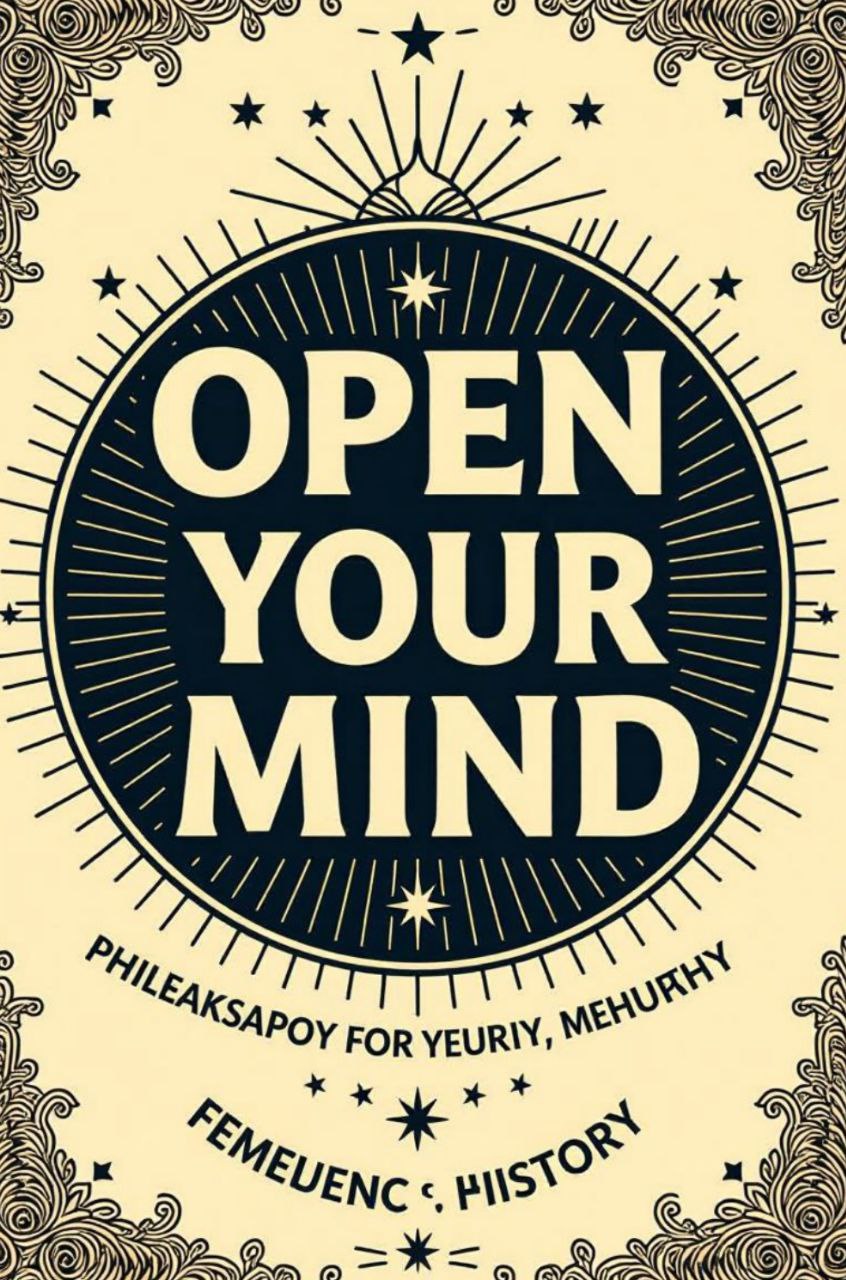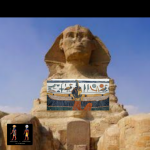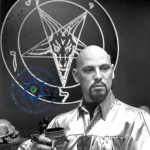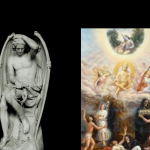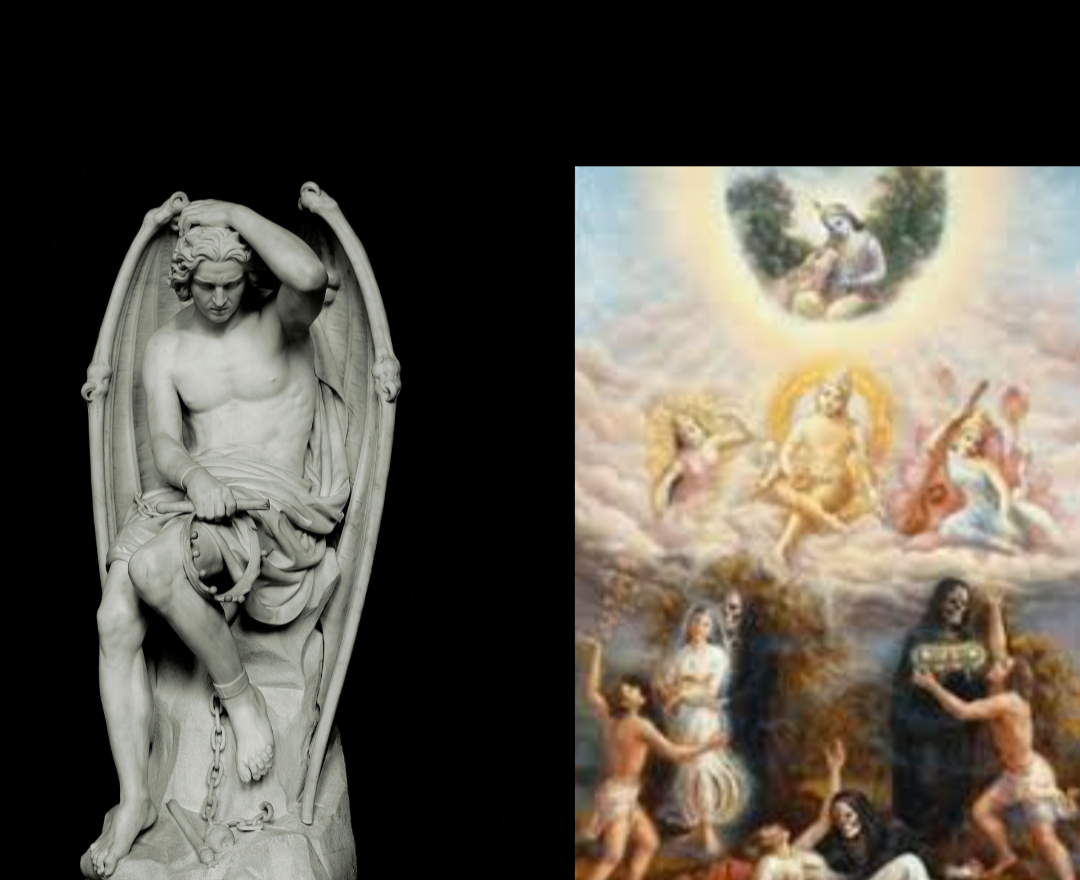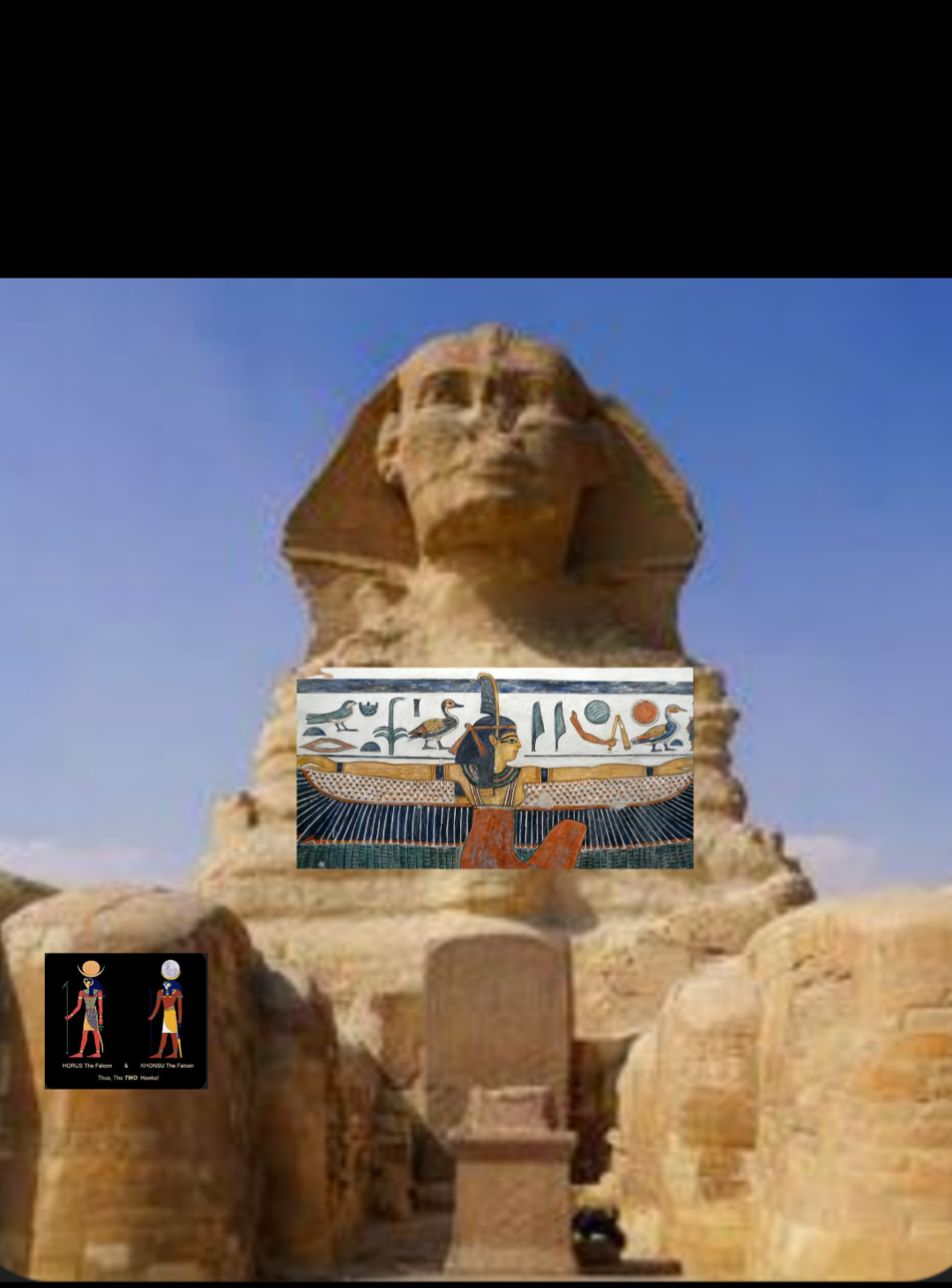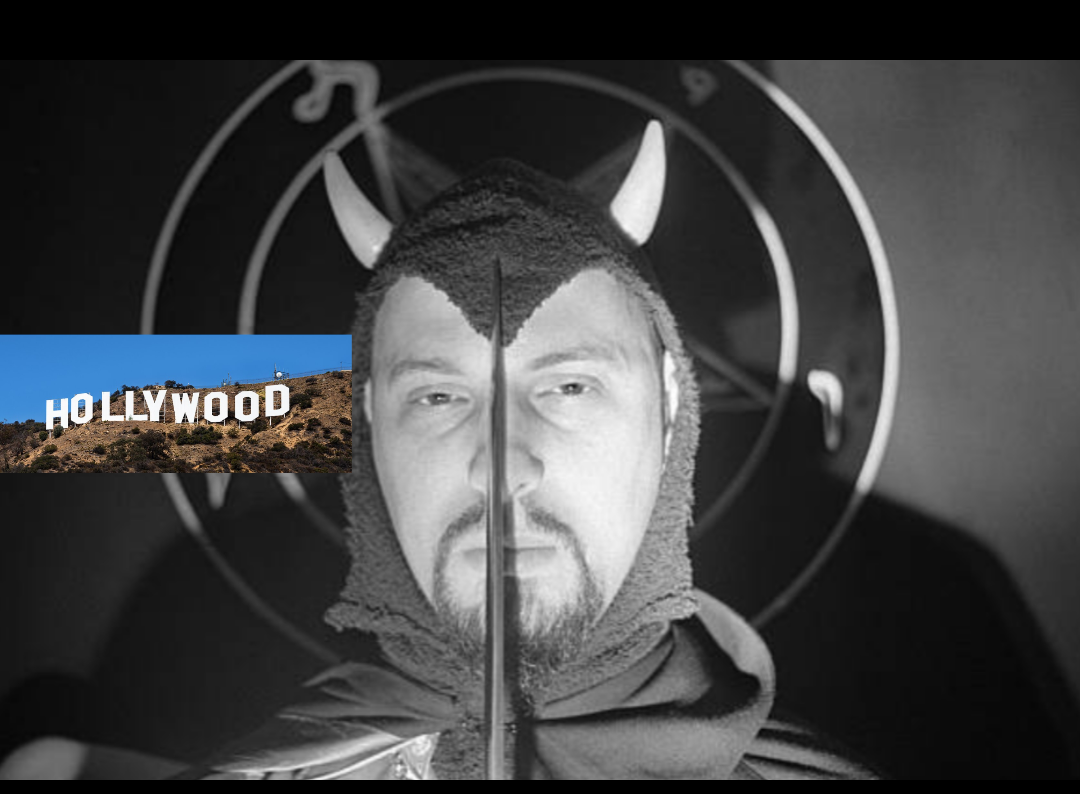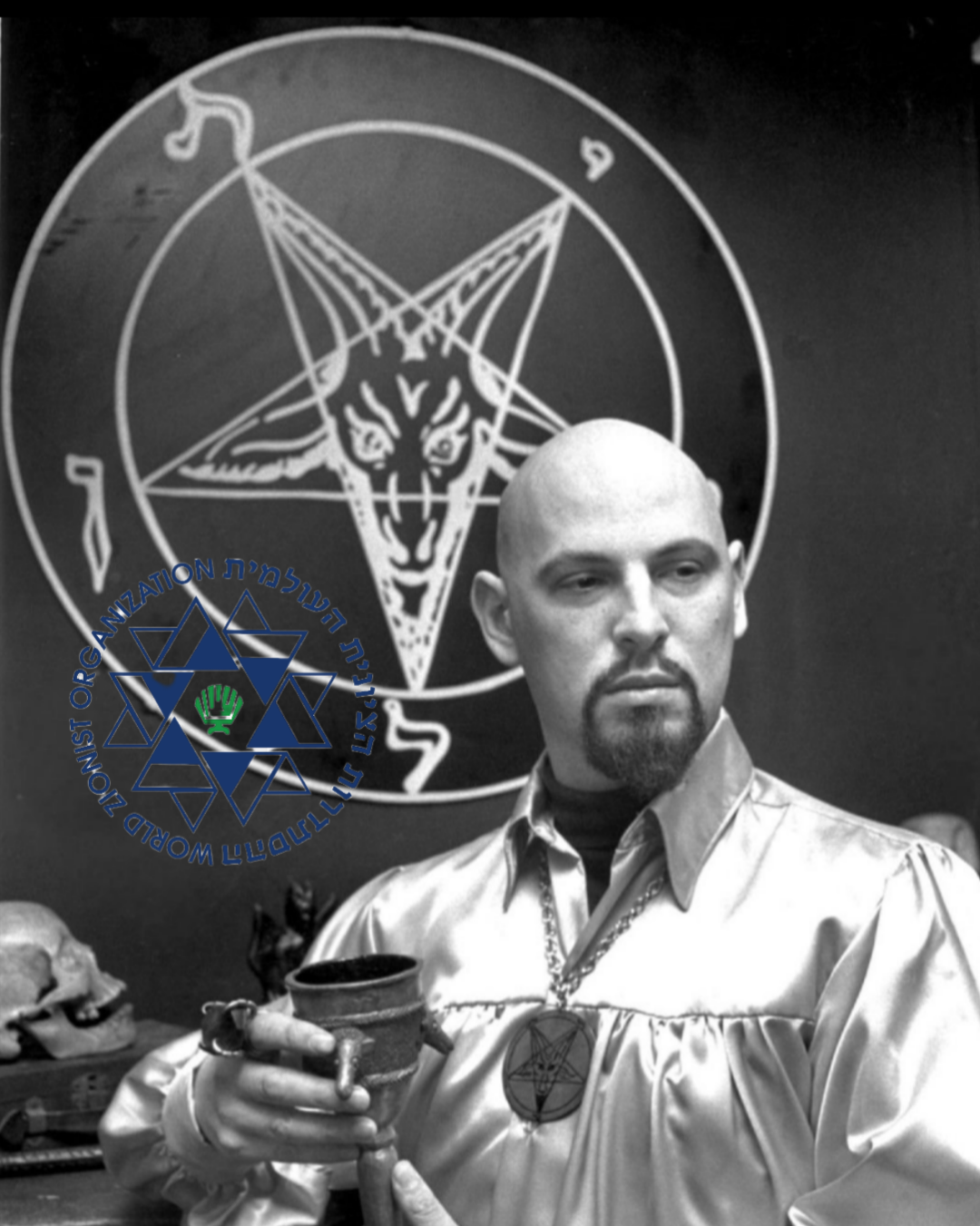Demigods vs. Lucifer: Mythical Powerhouses Face Off
Hey everyone, if you’re into mythology, folklore, or just epic tales of gods and rebels, you’ve probably wondered how different legendary figures stack up against each other. Today, I’m diving into a fun comparison: demigods versus Lucifer. Yeah, you heard that right – those half-divine heroes from ancient myths pitted against the ultimate fallen angel. It’s not your typical apples-to-oranges debate, but stick with me; there’s some fascinating overlap in their stories, powers, and cultural vibes. Whether you’re a mythology buff or just curious, let’s break it down.
What Makes a Demigod Tick?
First off, demigods are the ultimate hybrids – part god, part human. Think Hercules (or Heracles, if you’re feeling Greek) with his super strength and twelve labors, or Perseus slaying Medusa. These guys (and gals, like Atalanta) inherit divine perks from parents like Zeus or Poseidon, but they’re still mortal enough to bleed, love, and mess up royally. Their stories are all about heroism, trials, and bridging the gap between gods and humans.
What I love about demigods is their relatability. They’re not invincible; they struggle with hubris, family drama, and epic quests that test their limits. In Greek and Roman myths, they’re often born from godly affairs, leading to jealousy from full gods or monsters gunning for them. Power-wise, they’ve got enhanced abilities – immortality in some cases, but usually, it’s raw strength, cunning, or special weapons. But here’s the kicker: demigods represent hope and human potential. They’re proof that even with divine blood, life’s a grind.
Lucifer: The Rebel with a Fiery Cause
Now, flip the script to Lucifer. In Christian lore, he’s the morning star who fell from heaven after rebelling against God. Often equated with Satan or the Devil, Lucifer’s tale is one of pride, ambition, and cosmic fallout. From the Book of Isaiah to Milton’s Paradise Lost, he’s portrayed as incredibly beautiful, intelligent, and powerful – an archangel gone rogue.
Unlike demigods, Lucifer’s all about temptation, deception, and ruling the underworld. His powers? Shape-shifting, mind games, and commanding legions of demons. But he’s not just evil incarnate; some interpretations paint him as a tragic figure fighting for free will. In pop culture – think Lucifer on Netflix or heavy metal lyrics – he’s charismatic, seductive, and a symbol of rebellion against authority.
Head-to-Head: Who Wins in a Mythical Showdown?
So, demigods vs. Lucifer – who’d come out on top? It depends on the arena. In a straight-up brawl, a demigod like Achilles might have the edge with physical prowess and divine armor, but Lucifer’s cunning could turn the tide with illusions or alliances. Demigods thrive on quests and glory, while Lucifer plays the long game, corrupting souls over eons.
Thematically, demigods embody balance and heroism, often redeeming themselves through deeds. Lucifer, though? He’s the ultimate anti-hero, challenging the status quo but paying dearly for it. In modern storytelling, we see crossovers – like in video games (God of War vibes) or books where fallen angels mingle with mythical hybrids.
Culturally, both have massive impacts. Demigods inspire superheroes in comics, while Lucifer fuels debates on good vs. evil. If I had to pick a “winner,” I’d say it’s a tie – demigods for heart, Lucifer for brains.
Wrapping It Up: Why This Matters Today
Comparing demigods and Lucifer isn’t just geeky fun; it highlights timeless themes like power, morality, and rebellion. In a world full of gray areas, these myths remind us that heroes and villains aren’t always clear-cut. What do you think – team demigod or team Lucifer? Drop a comment below; I’d love to hear your take!
